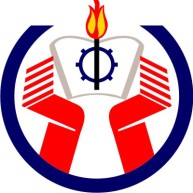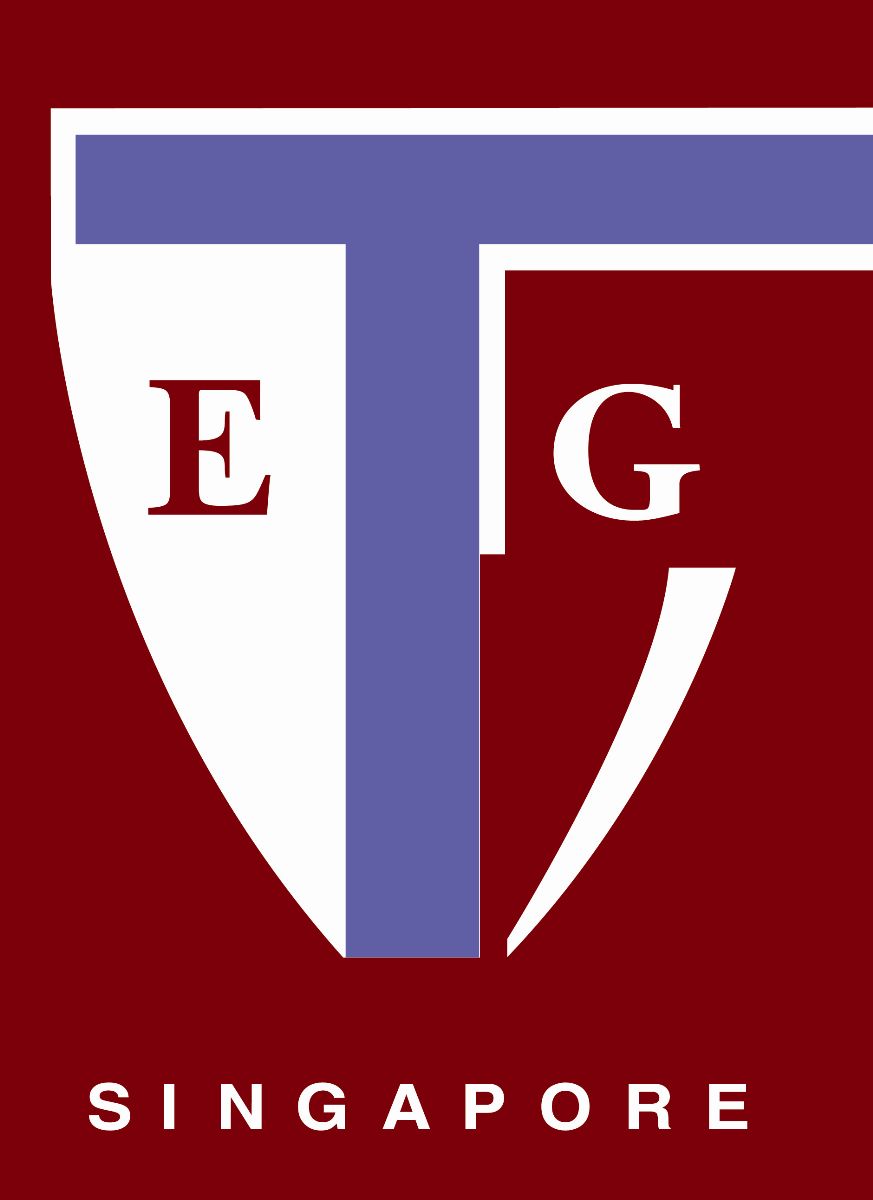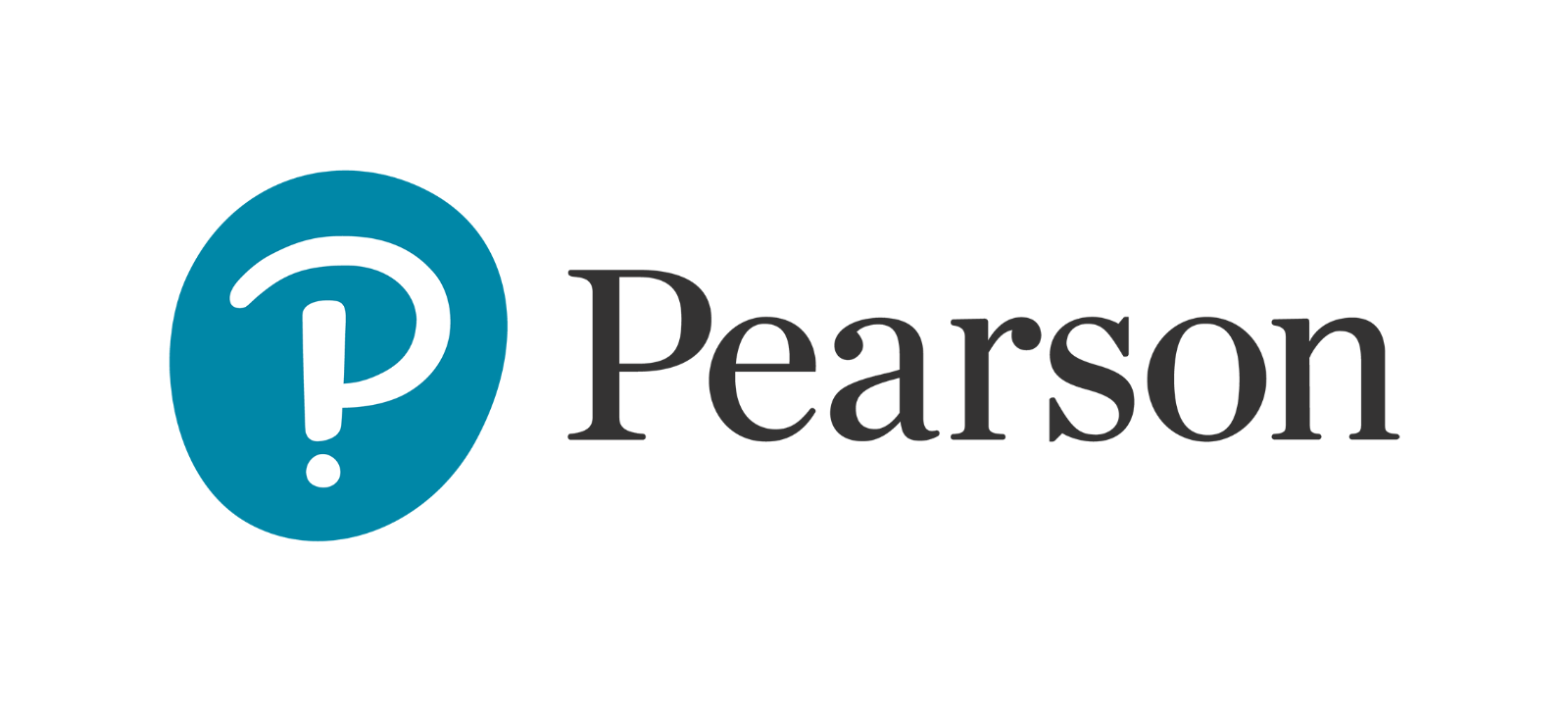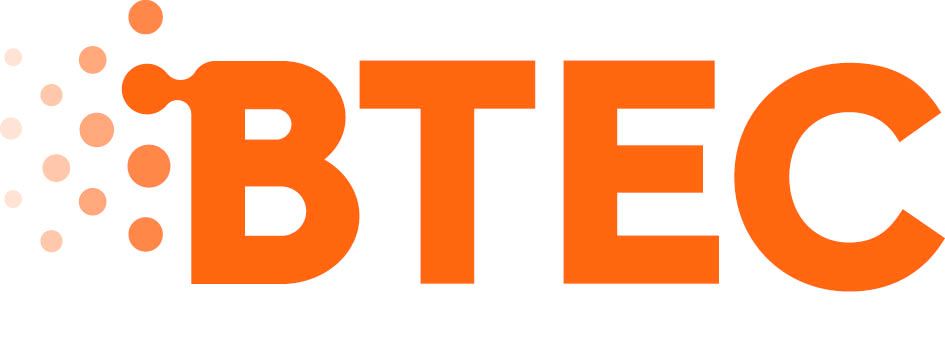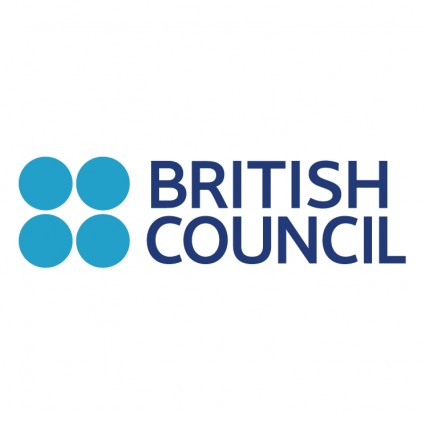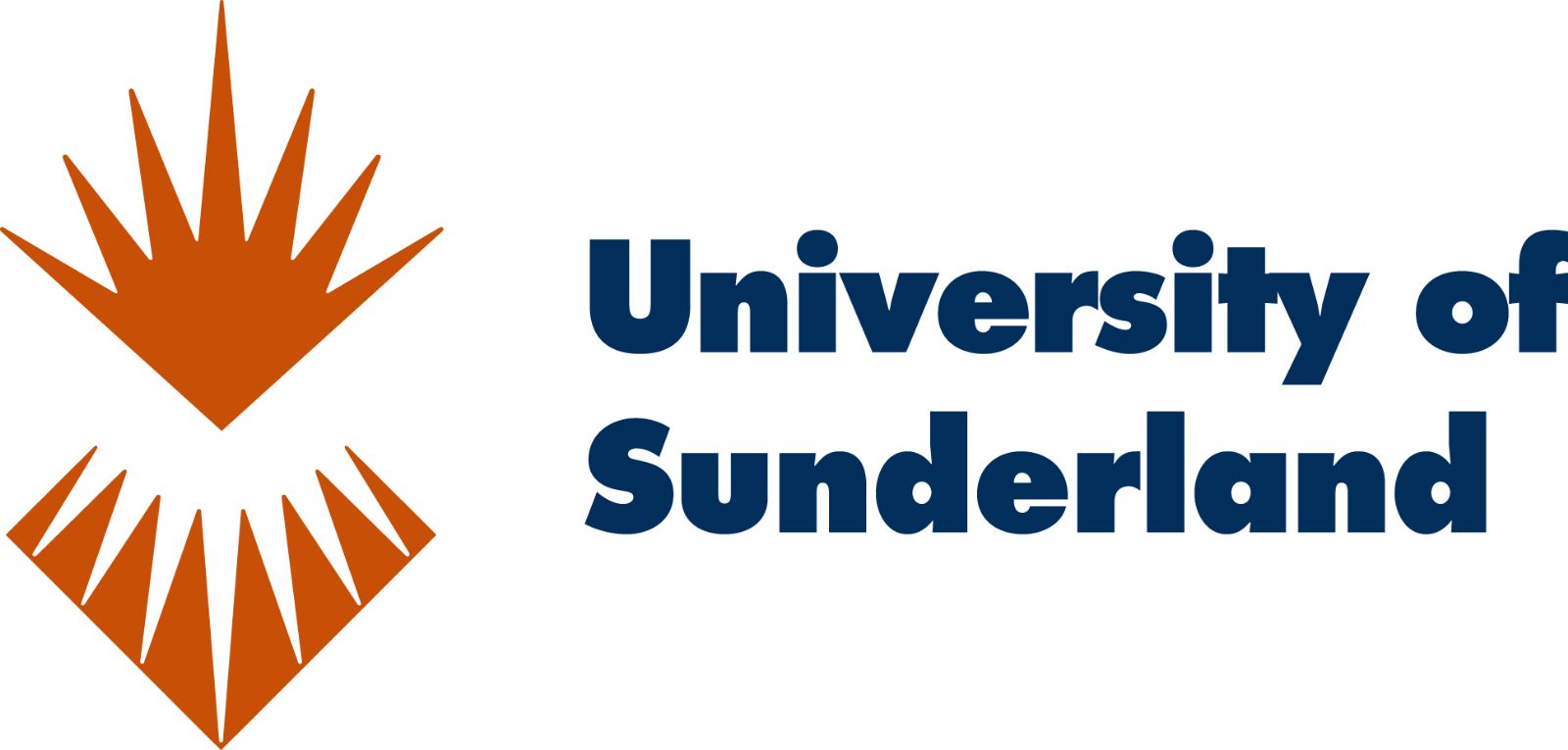General information
General information
United Kingdom consists of four administrative divisions (or countries): England, Northern Ireland, Scotland and Wales and a number of islands in many parts of the world.
Geographic Location: North West Europe
Climate: The United Kingdom has a sea temperate climate. The temperature varies with the seasons, seldom dropping below 0°C in winter or rising above 32 °C in summer. The coldest months are January and February; the hottest month is July.
Capital: London
Ethnic groups: UK is a multi-ethnic society. 90% of the population is English, Scottish, and North Irish
Language: The official language of the United Kingdom is English (British English), which is spoken as the primary language of 95% of the UK population.
Religion: The most popular religion in UK is Christian. Besides, there are Buddhism, Hinduism, Islam…or no religion.
Currency: Pound (GBP), symbol: £
Exchange rate: 1 GBP = VND 29,430.46 (source: Vietcombank, May 2017)
United Kingdom is a powerful country in trade and finance.
Food
Generally, essential commodities’ price in UK is higher than other European countries. You can find necessities and food in supermarkets with reasonable prices, or open markets with lower prices, depending on the quality. A person spends about 200-300 GBP for food a month on average.
Pork, beef, lamb and venison are the most popular meats in UK. Poultry such as chicken, swan, goose are also available. You can also find food and spices to cook Vietnamese dishes. Eating at restaurants is very expensive, so you should cook yourself to save money and ensure that you have a good health for your study.
Housing
International students can choose one of the below accommodation options:
- University hostels
- Private house
- Home stay (living with a UK family)
Each has its own advantages, so you should consider carefully choosing the most suitable accommodation. These are some important factors you should take notice:
- Distance to your campus
- Public transport
- Distance to necessity stores, hospital and others…
- Quiet and private
- Rental fee
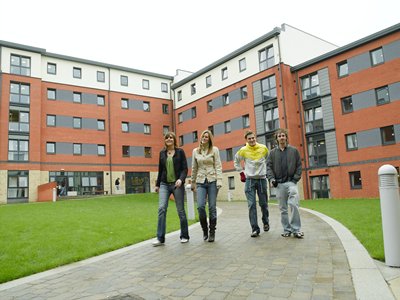
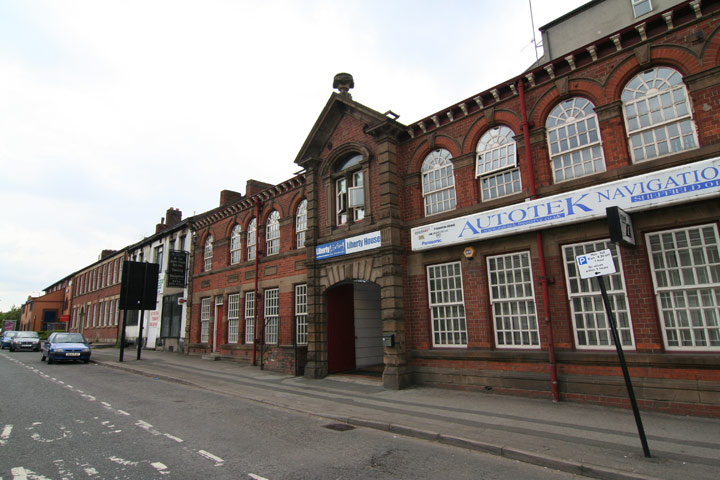
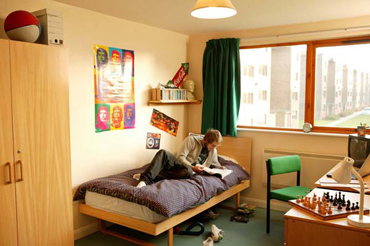
( Photos from Liberty House, The Forge Student Village)
Clothes and personal items
You should not buy too much clothes and accessories in Vietnam because you can always buy such things in UK with the same prices and good quality, especially in sales seasons. Winter clothes should be water-proof.
Bed packs can be found easily in supermarkets, stores, or online shops. You can buy every necessary thing when you arrive in UK.
Transportation
Transport in the United Kingdom is facilitated with road, air, rail, and water networks. The most popular means of transport are car, metro, bus, and train. Bus and metro are very common and cheaper for students. Many universities offer free bus for their students. You are advised not to use private means of transport because it is expensive and your university may not have enough parking lots.
Part-time jobs
You should consider carefully those things like: visa conditions, permitted working hours per week, homework before you decide to take a part-time job. Remember that studying is your first priority.
Average salary of a part-time job is about 4-8 GBP/hour.
Medical services
If you are on medical treatment, have a chronic disease, or are disabled, you are advised to bring your clinical record, a doctor’s prescription, and support request with you, all must be translated to English. You’d better bring common drugs like flu and diarrhea drug.
You can be offered free medical service from The National Health Service with some particular conditions. You are encouraged to buy international student insurance before or right after you come to UK.
Living cost
Living cost in big cities is always higher than other areas. Average living expense (include accommodation, food, transportation and normal spending) of a student ranges from 1015 - 1265 GBP/month, as quoted by UKVI








